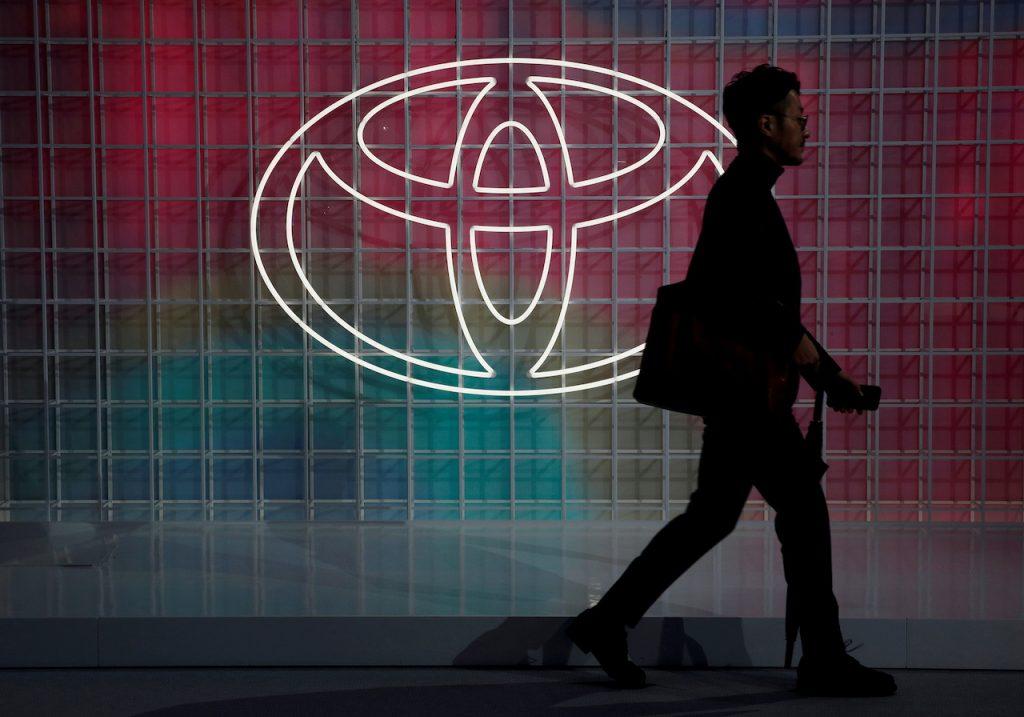Europe car sales sink on chip shortage
The global auto industry has been severely affected by a lack of chips that are key components for vehicles, forcing several major brands to temporarily shut down production at factories.
Just In
European new car sales fell to their lowest level for a month of September since 1995 as a global shortage of semiconductors hit supply, industry data showed on Friday.
The global auto industry has been severely affected by a lack of chips that are key components for vehicles, forcing several major brands to temporarily shut down production at factories.
European Union car sales had rebounded in September 2020 as countries emerged from pandemic lockdowns.
But new car registrations fell by 23.1% to 718,598 in September 2021 compared to a year ago, according to the European Automobile Manufacturers’ Association, known as ACEA.
“This decrease in sales was largely caused by a lack of supply of vehicles due to the ongoing semiconductor shortage,” ACEA said in a statement.
Sales sank by a quarter in Europe’s top economy and car powerhouse Germany, 32.7% in Italy, 20.5% in France and 15.7% in Spain.
But over the first nine months of the year, car registrations rose 6.6% across the EU to 7.5 million units compared to the same period in 2020.
“Significant gains earlier in the year helped to keep cumulative volumes in positive territory,” the association said.
Italy posted the highest increase over the nine-month period, with a 20.6% rise, followed by Spain and France, but they were down more than one percent in Germany.
ACEA represents 15 major Europe-based car and truck makers, including Toyota, Volkswagen, Ford and European-American group Stellantis, maker of Fiat, Jeep and Peugeot vehicles.
Modern vehicles are reliant on semiconductors for everything from anti-lock braking systems to airbags to parking assistance technology.
But the auto industry has had to compete with other sectors for microchips, which can be just a fraction of a millimetre long.
The start of the Covid-19 crisis in early 2020 prompted a global spending spree on electronic – from extra monitors as people rushed to set up home offices, to televisions and games consoles for beating lockdown boredom.
Temporary factory closures due to the pandemic also put pressure on supplies.
As plants reopened, electronic goods producers continued to place orders – creating an ever-increasing backlog for the chips.
Subscribe to our newsletter
To be updated with all the latest news and analyses daily.
